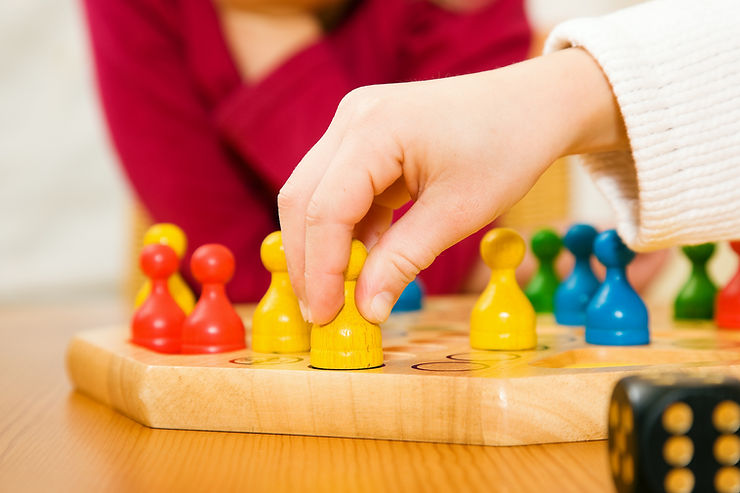By: Ziyin Niu
A team from Pontificia Universidad Católica de Chile looked at whether playing boar A team from Pontificia Universidad Católica de Chile looked at whether playing board games can boost children’s academic abilities. They found that board games based on numbers, like Monopoly, Othello, and Chutes and Ladders, boost kids’ mathematical skills and critical thinking.
Their findings in their new study were similar to the results found over the course of the past 20 years. Twice a week and two minutes a session, researchers oversaw children playing math-heavy board game. In some of the 19 studies, children played normal board games or a specialized, number-based board games.
After the sessions, researchers found math skills significantly improved in children ranging in age three to nine-years old. Children not in the control group are better at counting and utilizing logic. Dr. Jaime Balladares, a researcher on the team, says, “Using board games can be considered a strategy with potential effects on basic and complex math skills. ” In addition, board games can benefit children in other ways too.
Social scientists have argued that games teach lessons about collaboration. (Kamii and DeVries 1980; Zan and Hildebrandt 2005). Board games encourage kids to follow rules, detect patterns, predict the outcomes, and learn from experience. Young children may be able to communicate better because of board games. For instance, board games, like strategy games, are an easy way to encourage the frontal lobes of the brain to develop, says Beatrice Tauber Prior, a psychologist.
The board games not only enhance learning and strengthen reading but also increases mathematical ability. It is relevant to give complexity of games and design better games for educational purposes.











